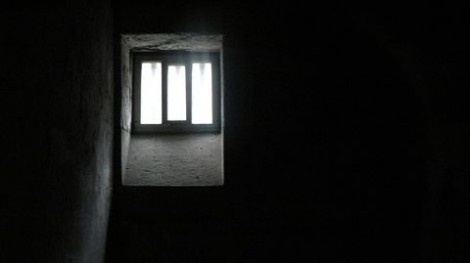
However, Collet had a false sense of security. Despite being ranked number one in his class junior year, nothing could protect him from the consequences of his own decisions. And one bad decision he made in his junior year destroyed Collet’s life and the lives of others.
First block on Wednesday, January 30, during Winter Week, Collet spoke to WHS students about that decision and how it forever damaged his and others’ lives. He advised WHS students not to make similar damaging decisions.
When Collet was 16-years-old, he transferred to Dartmouth High School and immediately befriended Nigel Thomas.
“He was the little brother I’d never had,” Collet said of their friendship. “I wanted to always be there for him.”
So when Thomas told Collet he wanted to fight a kid at their school, Collet agreed to participate. Thomas, Collet and some of Collet’s friends from his old high school, including Karter Reed, drove to the kid’s house but didn’t end up fighting him.
Soon after, the kid and his friends beat up Thomas. This angered Collet; he wanted revenge. So, Collet led Thomas and Reed to enter Dartmouth High School armed with knives and weapons such as bats. The trio walked toward the classroom where they thought Thomas’s attacker would be. Before entering the room, Collet asked the others if they were ready, and Nigel pleaded for them to forget the whole thing and turn around, but Collet resisted. He asked again if they were ready, and Reed responded that he didn’t want to enter the classroom but that he wouldn’t leave Collet.
Upon entering the classroom, they saw that their target was not present, but one of the target’s friends stood up. Collet chased the student around the classroom and threw the bat at him after being pinned down by teachers. In the blink of an eye, Collet saw that Reed had stabbed the kid in the stomach. Collet then realized that Thomas was absent and had run away from the classroom when the others had entered.
Collet soon found out that the student who was stabbed died in the ambulance on the way to the hospital. Collet, Reed and Thomas were all charged with first degree murder. Eventually, it was decided that Thomas would be tried as a juvenile, but Collet and Reed would be charged as adults. Both Collet and Reed were sentenced for manslaughter, with Collet being sentenced to 20 years, while Reed received life in prison.
Like many students at WHS, Collet was from a middle class family and worked hard in school. Prison may not even seem to be in the realm of possibility for Wayland High School students, but in reality, it’s only one dangerous decision away.
“I would never go to prison. That wasn’t me. That would happen to everybody in this room before it would happen to me,” Collet said of his state of mind prior to the accident.
A message that Collet wanted students to take away from his story is that students should give each one of their decisions an extra second of thought. It only took Collet 90 seconds to destroy people’s lives with his one, split-second decision.
“That one decision you don’t think about may be the one that changes your life forever,” Collet said.
He urged students to listen to the adults in their lives, like their parents and teachers, unlike his 16-year-old self.
“If I was sitting in your seat right now, I would’ve laughed at you because I thought, ‘There is no one that knows more than I do,’” Collet said.
He asked the audience if they would rather have someone with 10 years of experience operate on their car or someone with 10 days of experience. By using this analogy, Collet impressed upon students the importance of taking advice from adults. He stressed that adults want to make sure that students make the right decisions, so nobody ends up in a situation like his.
As a final point, Collet emphasized the regret he feels every day because of his decision so many years ago.
“It doesn’t matter how many times I say, ‘I’m sorry.’ I can never give that mother her son back.”
Collet urged students to ask themselves the following questions when making decisions: What do you want your life to become? Do you ever in your lifetime want to become what I became? Do you ever want to experience what I experienced? Where will your decision leave you tomorrow?

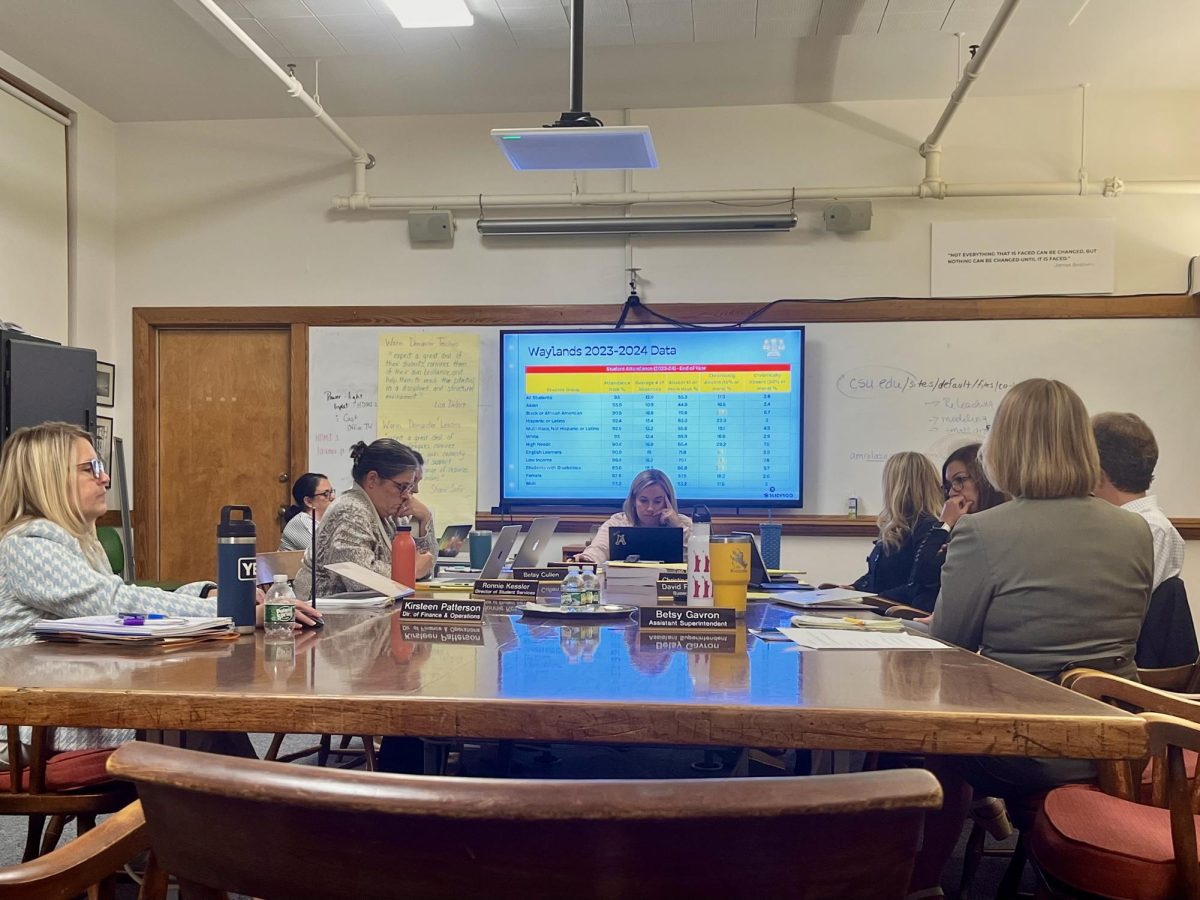
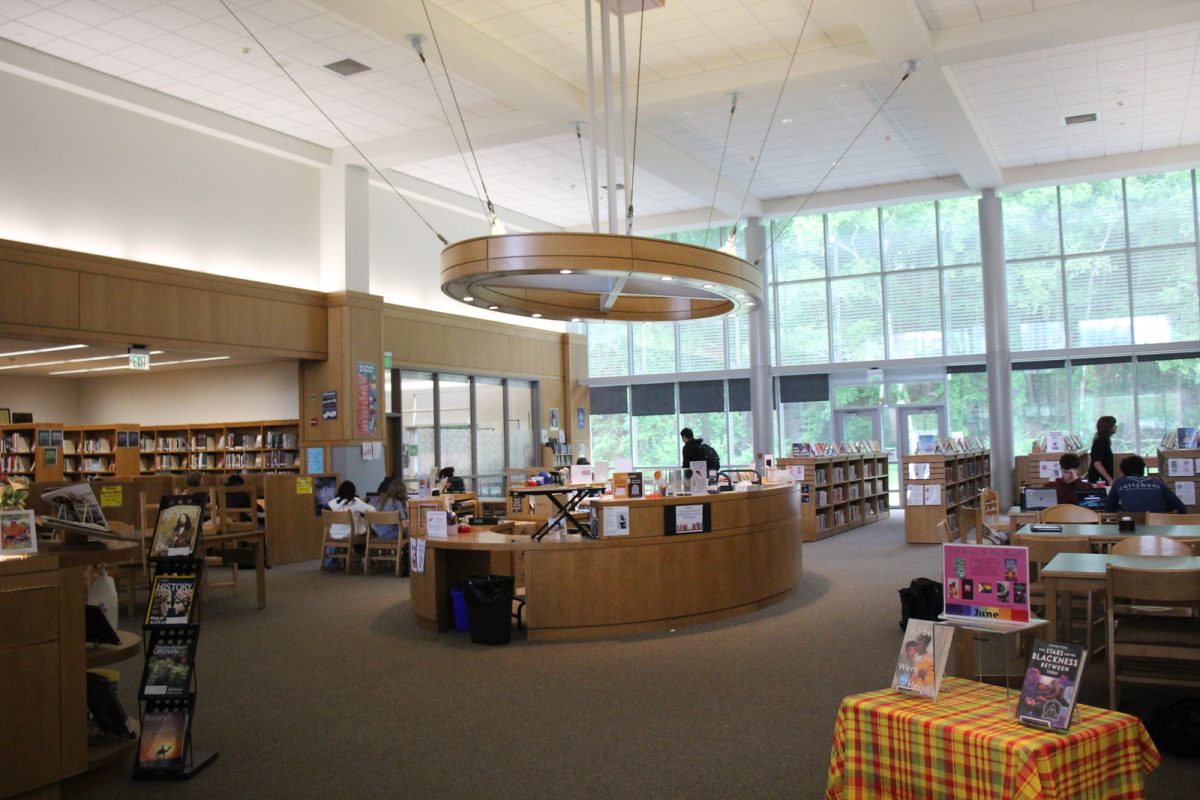








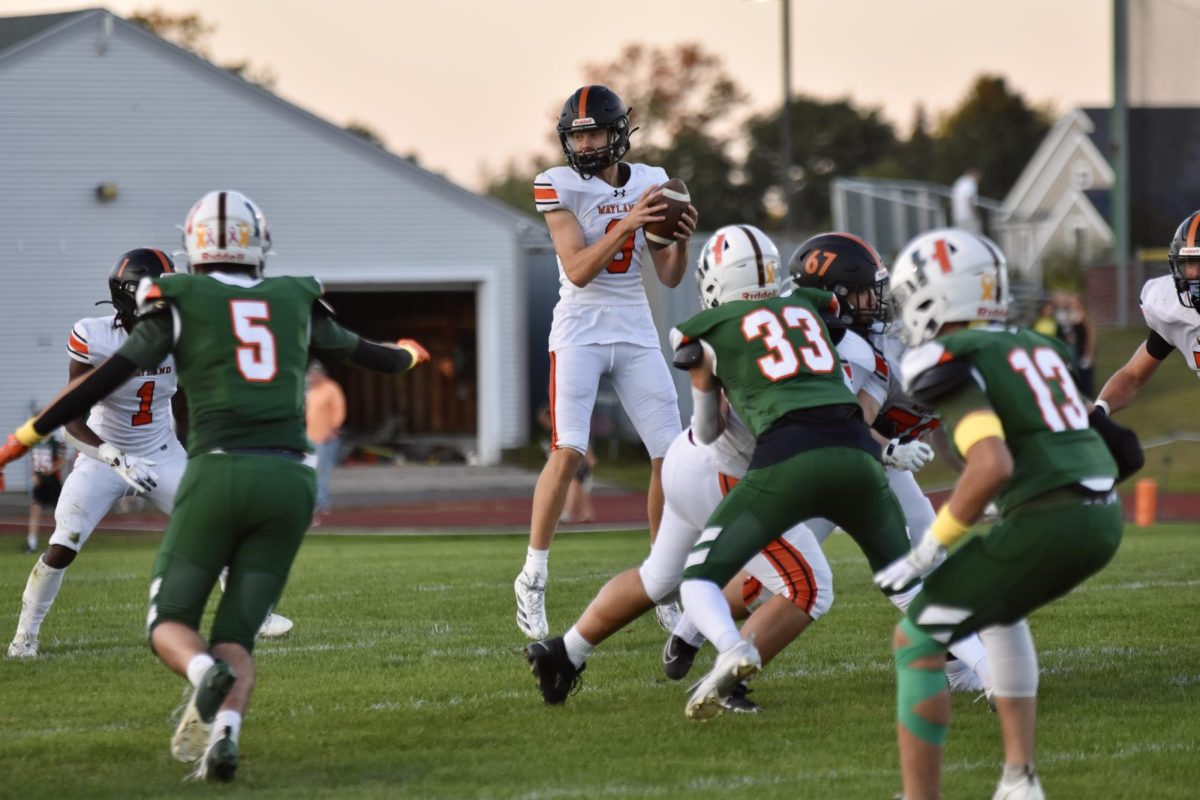

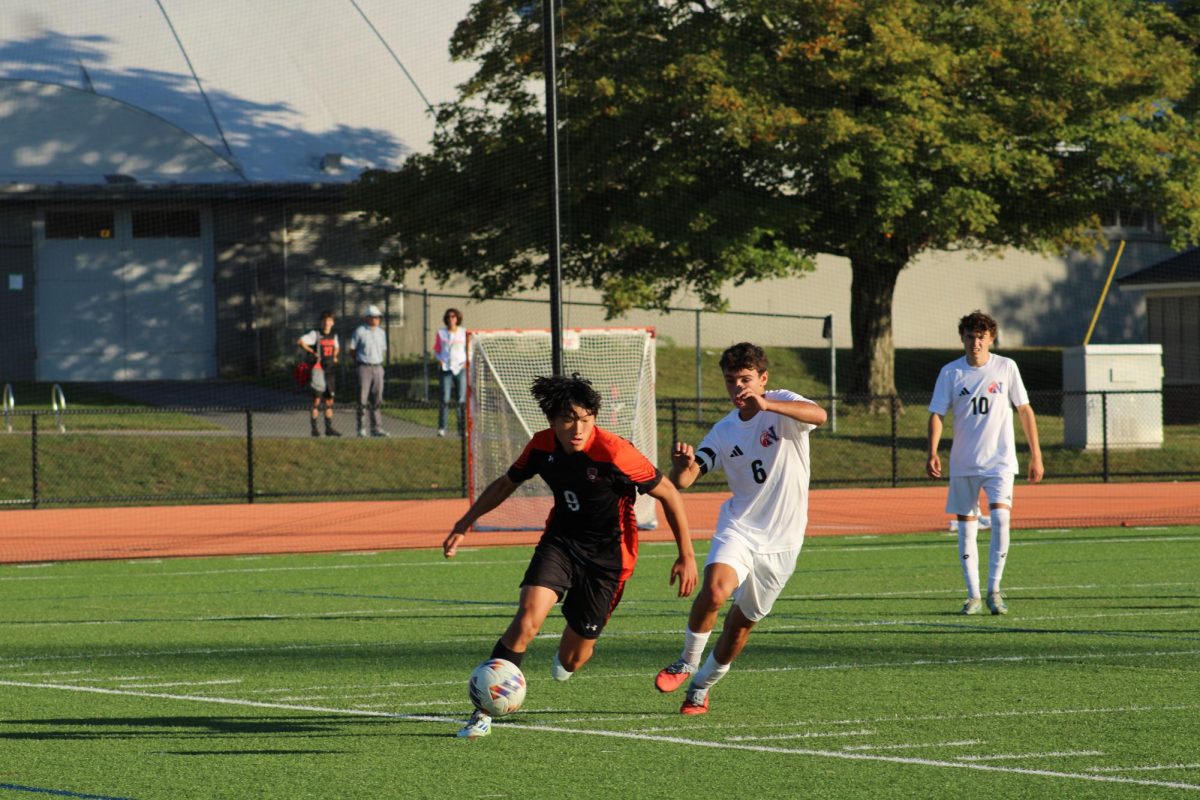
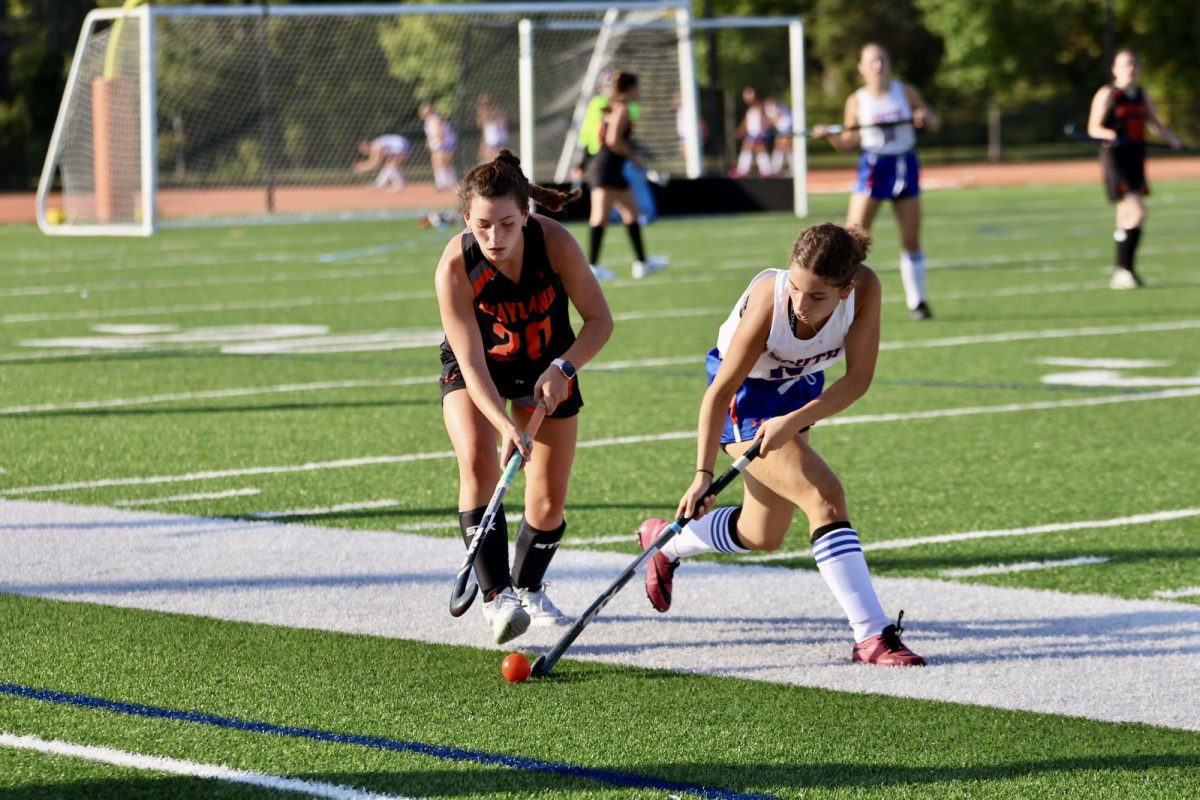











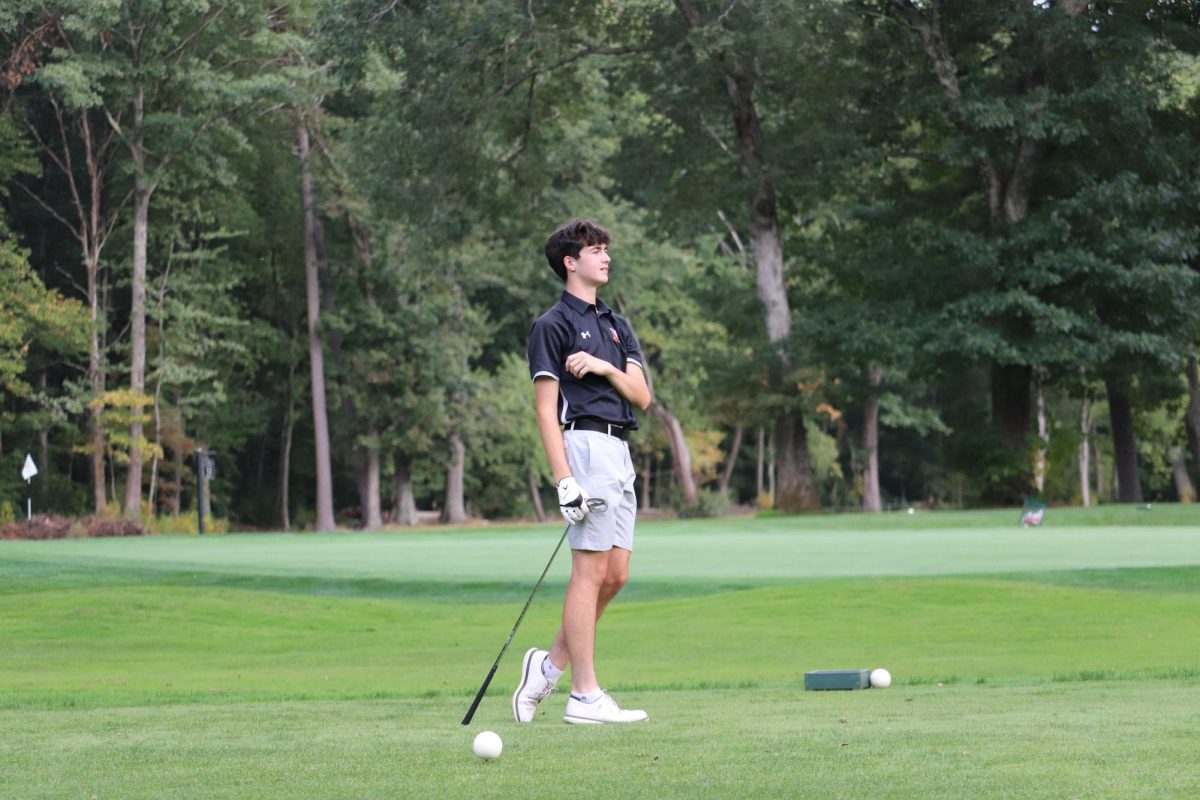
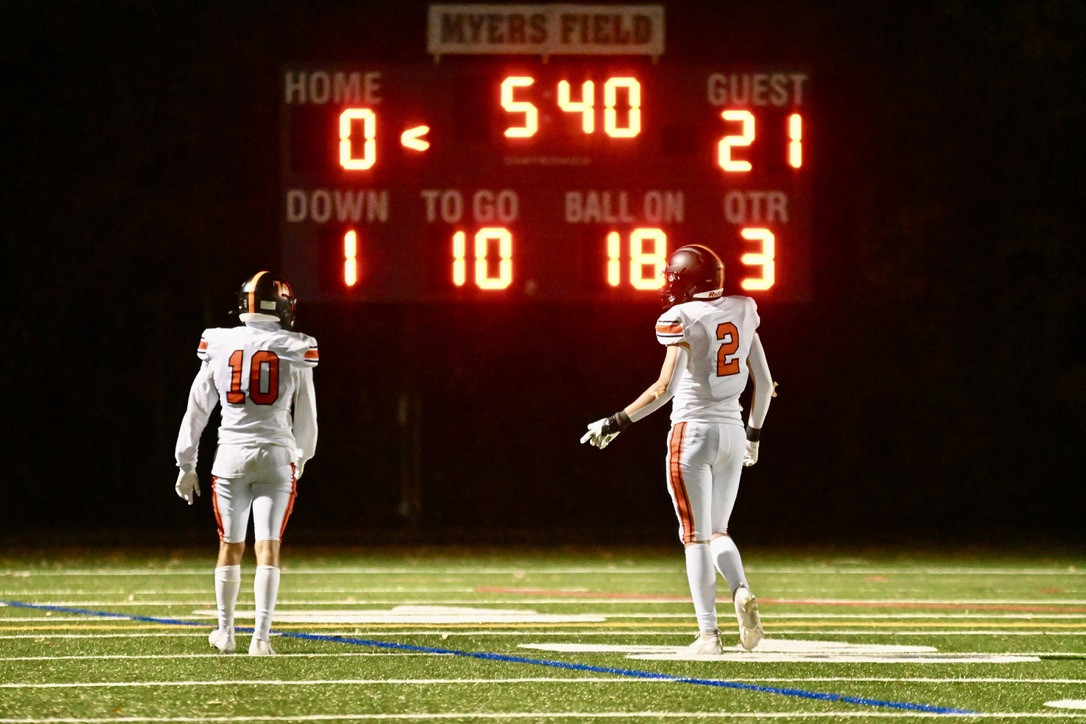

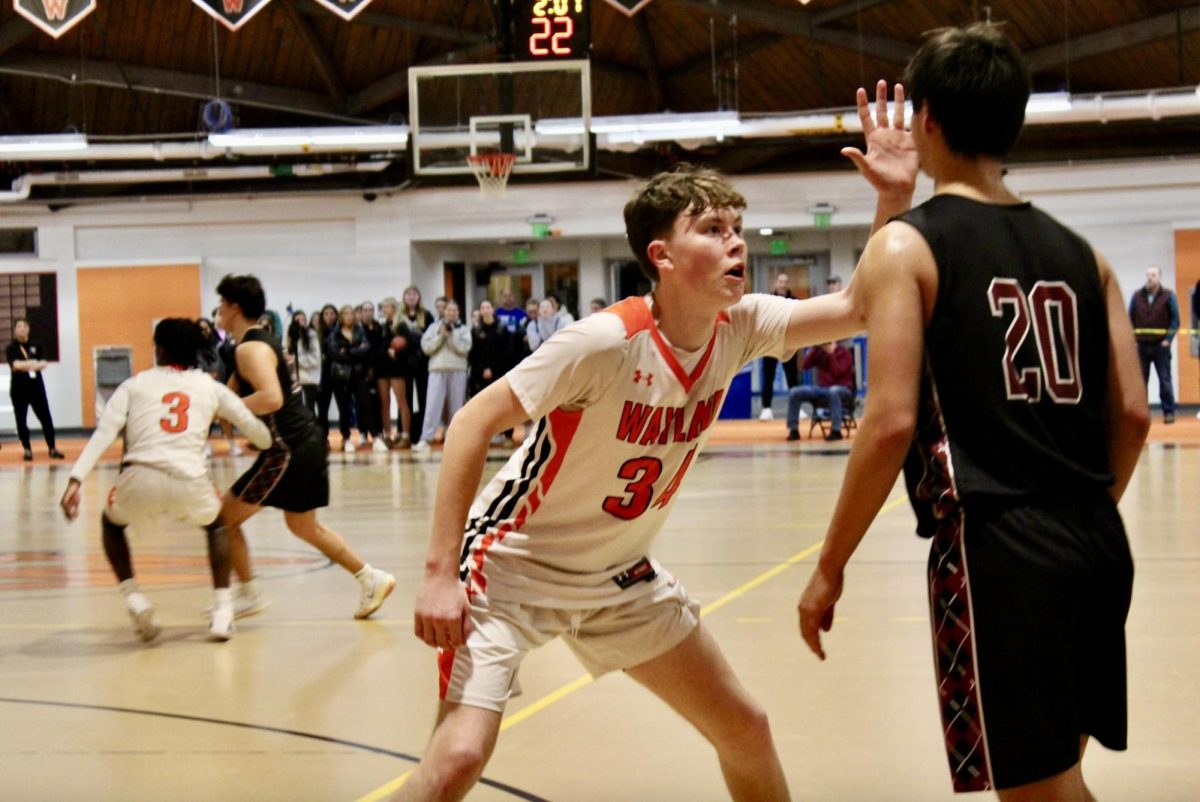


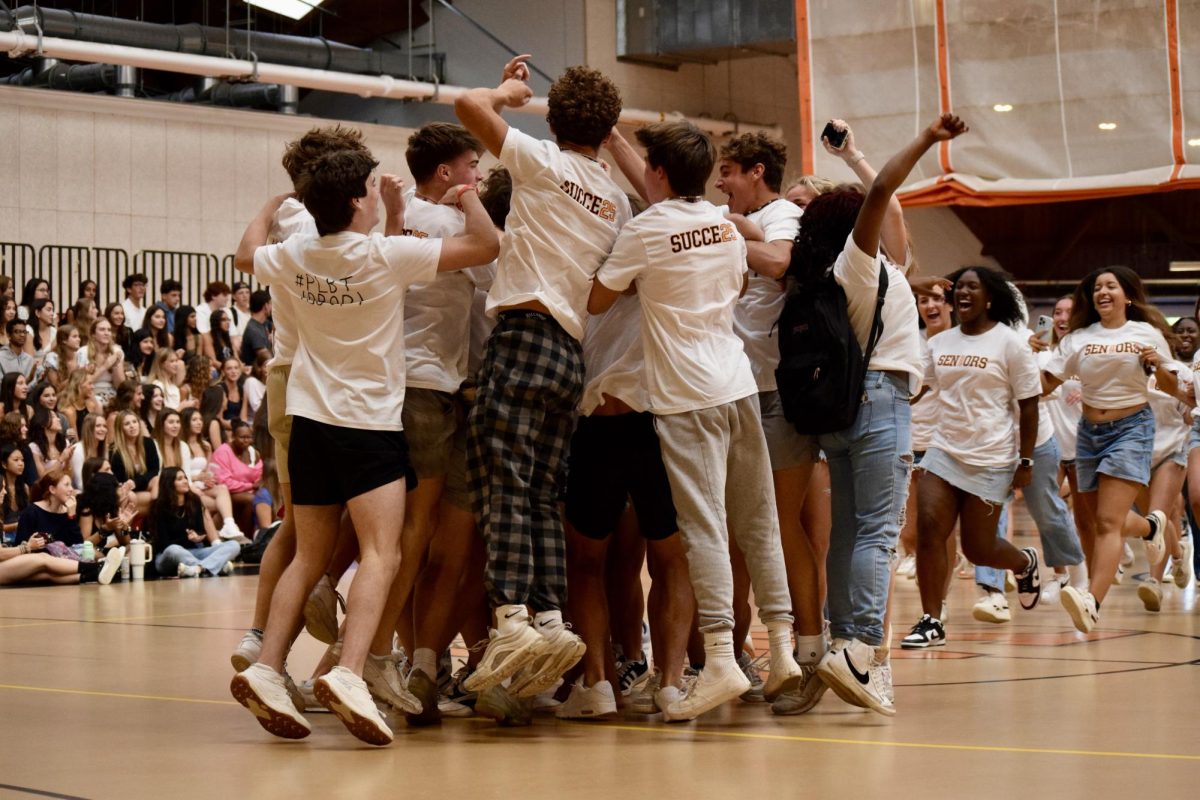



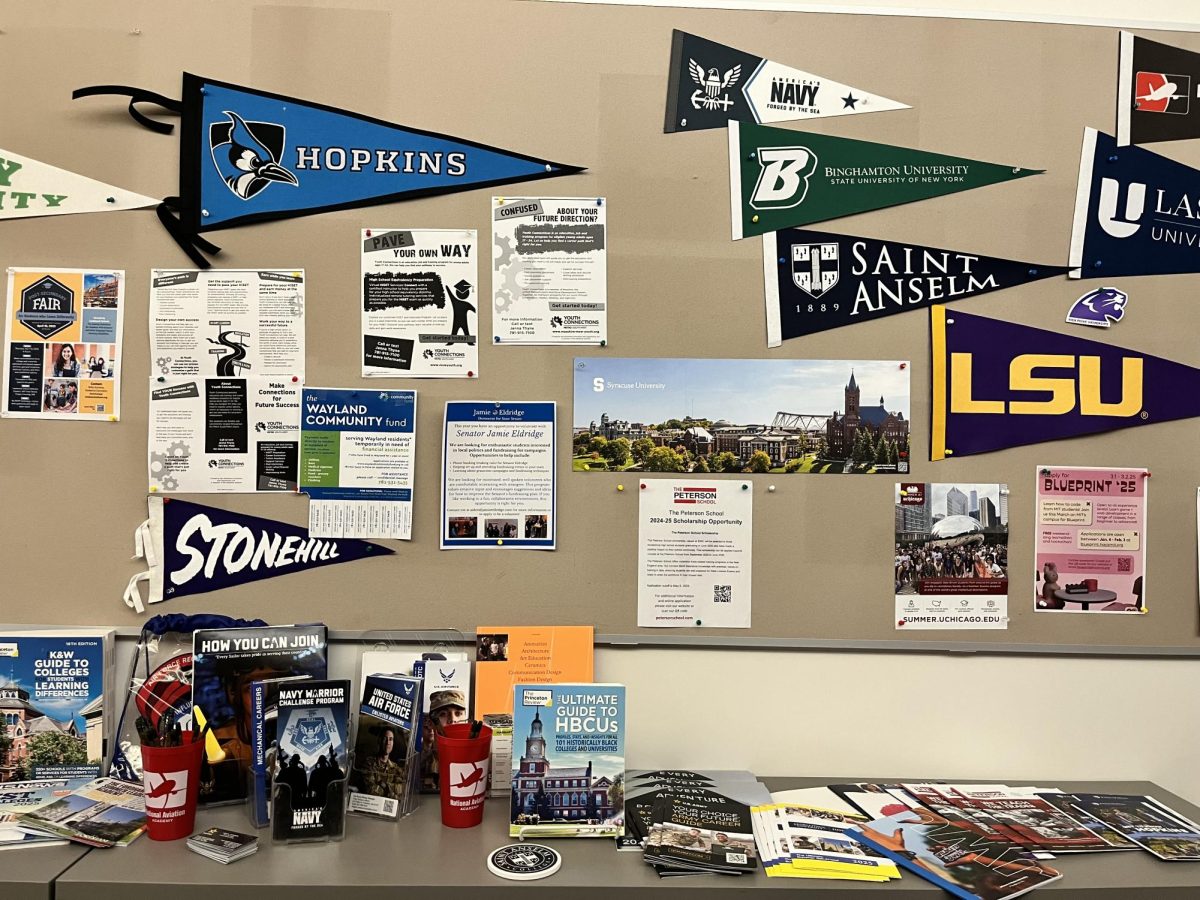
rationalist • Jan 30, 2013 at 11:18 PM
"Like most students at WHS, Collet was from a middle class family"…..who are we kidding?? we are DEFINITELY NOT a middle-class town. wikipedia says we're one of the ten most wealthy towns in Massachsuetts….thats not middle-class